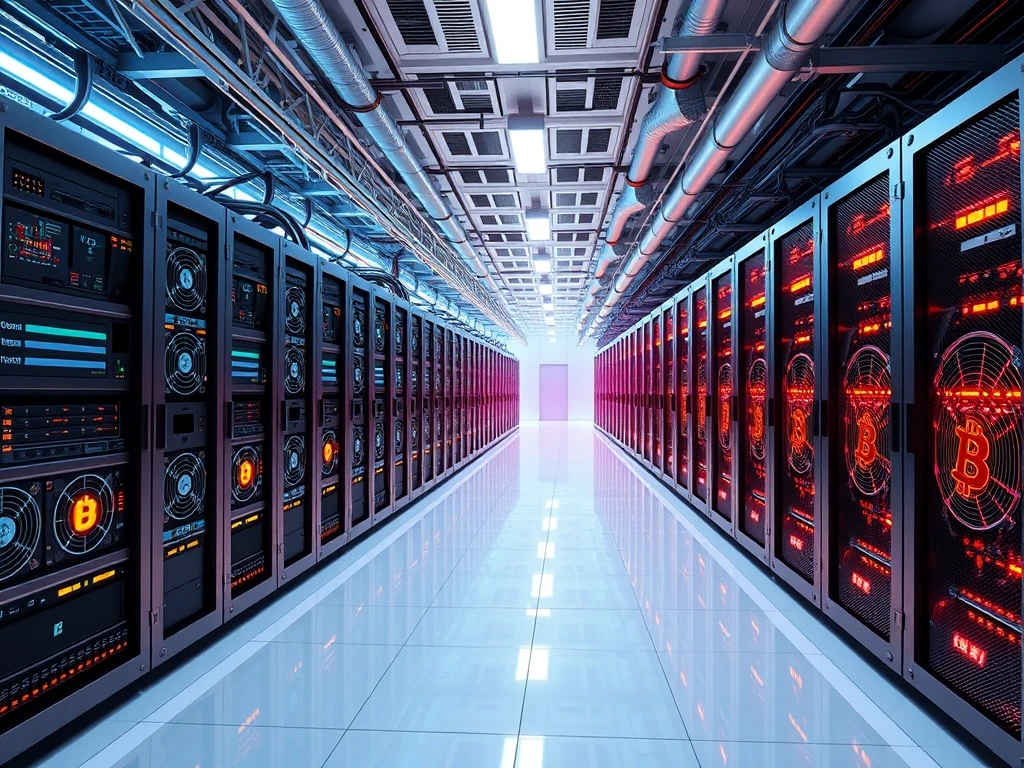Bitcoin Miners’ Bold AI Pivot: Valuation Divergence and Hidden Risks in a Transforming Sector

The Bitcoin mining sector is undergoing a seismic shift as miners pivot from traditional proof-of-work to AI and high-performance computing (HPC) infrastructure. This strategic move, driven by the 2024 halving’s impact on profitability and surging AI demand, is creating stark valuation gaps and execution risks. Here’s what you need to know.
Why Are Bitcoin Miners Pivoting to AI and HPC?
The 2024 Bitcoin halving slashed mining rewards, while rising energy costs squeezed margins. Simultaneously, global demand for AI compute exploded. This perfect storm pushed miners to repurpose their infrastructure:
- Core Scientific secured a $3.5B AI hosting deal with CoreWeave
- TeraWulf now generates significant revenue from neocloud tenants
- Hut 8 launched a GPU-as-a-Service offering with 1,000 Nvidia H100 chips
The Growing Valuation Gap Among Bitcoin Miners
The market is rewarding successful pivots with premium multiples:
| Company | Strategy | EV/EH/s Multiple |
|---|---|---|
| Core Scientific | AI hosting | Premium |
| TeraWulf | HPC focus | High |
| IREN | 50 EH/s expansion | Moderate |
| CleanSpark | Pure-play mining | Discounted |
Execution Risks in the AI/HPC Transition
Not all miners are navigating this shift successfully:
- Bitfarms’ unconventional battery strategy faces technical hurdles
- Canaan trades below cash value due to lack of infrastructure
- Capital requirements for AI transitions are substantial
Investment Opportunities in the AI-Powered Mining Sector
Top picks for investors:
- Core Scientific – Validated AI monetization model
- Iris Energy – Strong execution in GPU expansion
- Hut 8 – Modular design with AI optionality
FAQs: Bitcoin Miners’ AI Pivot
Q: Why are Bitcoin miners moving to AI?
A: Declining mining profitability and booming AI demand make infrastructure repurposing attractive.
Q: Which miners have successfully pivoted to AI?
A: Core Scientific, TeraWulf, and Hut 8 have shown successful transitions.
Q: What are the risks of this transition?
A: High capital requirements, technical challenges, and potential dilution for shareholders.
Q: How does this affect Bitcoin’s security?
A: Some worry about hash rate decline, but many miners maintain Bitcoin operations while adding AI.








